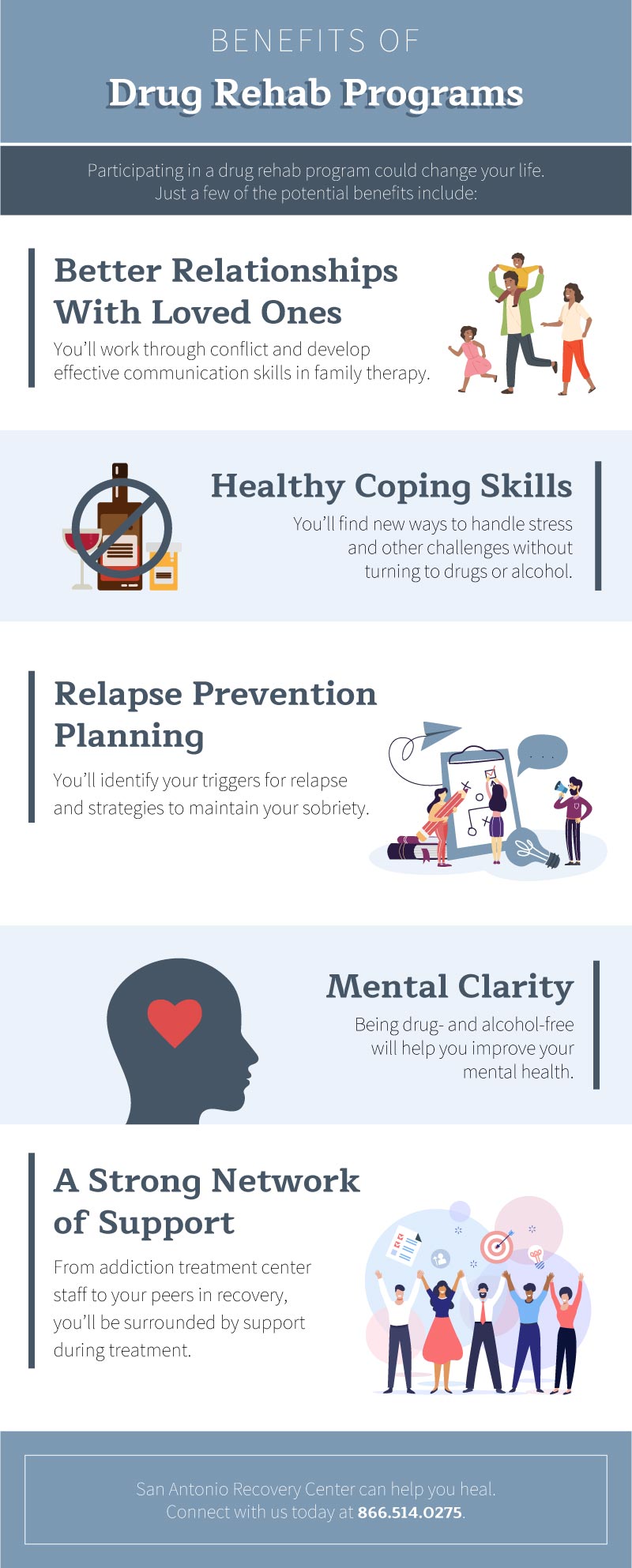Navigating the Journey of Detoxing in the Comprehensive Addiction Treatment Program
The procedure of detoxing holds a considerable role in damaging the physical reliance on substances and preparing the person for the subsequent phases of treatment. As people grapple with the difficulties of withdrawal symptoms and the unpredictabilities that lie in advance, having a structured plan and a durable support system in place comes to be vital.
Significance of Cleansing in Recovery

Detoxification sets the foundation for the remainder of the addiction therapy program by preparing the person for additional treatment and therapy. By cleaning the body of materials that have actually been clouding judgment and affecting behavior, detoxification makes it possible for patients to approach their recovery with a clearer mind and more powerful emphasis.
In addition, detoxing assists in taking care of the possibly extreme withdrawal signs and symptoms that may emerge when medicine or alcohol use is quit. Medical professionals closely keep track of clients during detoxification to guarantee their safety and security and supply needed assistance. With this process, people can start their trip towards sobriety with a stabilized psychological and physical state, raising the probability of a successful recovery.
Understanding the Detoxification Process
Detoxification, a fundamental part of dependency treatment programs, involves an organized process aimed at securely eliminating harmful compounds from the body to facilitate an effective healing journey. The detoxification process typically starts with an analysis to evaluate the individual's compound use background, physical health, and psychological wellness. This evaluation aids healthcare specialists figure out the most ideal detox strategy tailored to the person's requirements.
Throughout detox, the body experiences withdrawal as it changes to the absence of the compound. Withdrawal symptoms differ depending on the sort of material utilized, the period of use, and private factors. Clinical guidance throughout detox is critical to manage withdrawal signs and symptoms and ensure the individual's safety and security and comfort.

Taking Care Of Withdrawal Symptoms

Drugs may be utilized to alleviate certain withdrawal symptoms and minimize pain. For instance, drugs like methadone or buprenorphine can help handle opioid withdrawal symptoms, while benzodiazepines may be made use of for alcohol withdrawal. It is vital for doctor to very carefully check the individual's reaction to these drugs to guarantee their safety and efficiency.
In enhancement to medicinal treatments, supportive therapies such as therapy, peer assistance teams, and all natural practices like mindfulness meditation or yoga can assist individuals manage the psychological and emotional obstacles of withdrawal. By resolving withdrawal symptoms comprehensively, healthcare companies can improve the cleansing experience and assistance people on their trip to healing.

Assistance Systems During Detox
Support group play a crucial role in offering social and psychological assistance to individuals going through cleansing in dependency treatment programs. During the detoxification procedure, people typically experience a series of mental and physical withdrawal signs and symptoms, making this stage tough - Addiction Treatment Center. Having a solid assistance system in place can dramatically affect the individual's capability to navigate with detoxification effectively
Household participants, close friends, assistance teams, and medical care specialists are important parts of visit this website the assistance system. Family members participants and good friends can supply inspiration, understanding, and a feeling of belonging throughout this difficult time. Support groups supply a system for individuals to link with others who are going through comparable experiences, supplying a feeling of neighborhood and shared understanding. Health care professionals, including therapists, counselors, and medical professionals, play an essential function in checking the individual's progression, supplying medical assistance, and using guidance throughout the detoxification process.
Looking Ahead: Life After Detox
Having effectively finished the detoxing phase, individuals in addiction therapy programs currently focus on getting ready for the obstacles and possibilities that lie ahead in their journey towards healing. Life after detoxification notes a crucial transition period where individuals must continue to improve the development made throughout detoxification to preserve their soberness. It is crucial for people to recognize that the trip in the direction of recovery is ongoing and requires dedication, commitment, and a desire to welcome adjustment.
One trick facet of life after detoxification is the advancement of coping systems to handle triggers and food cravings that may occur. This may involve learning new skills, such as mindfulness practices, cognitive-behavioral techniques, and stress management approaches, to browse difficult circumstances without turning to substance usage. In addition, people are motivated to actively take part in continuous treatment, support system, and aftercare programs to reinforce their assistance network and receive guidance as they browse the intricacies of life post-detox.
Final Thought
Understanding the detoxification process and handling withdrawal symptoms are essential actions in the direction of healing. It is important to acknowledge the significance of detox in the procedure of getting over addiction and relocating towards a life of sobriety.
Medical guidance during detoxification is essential try these out to take care of withdrawal symptoms and make sure the person's safety and convenience.
By understanding the detox procedure and its importance in breaking the cycle of dependency, people can embark on a course in the direction of lasting recovery.
During the detoxification procedure, people frequently experience a variety of psychological and physical withdrawal signs and symptoms, making this phase difficult. Medical care professionals, including physicians, specialists, and therapists, play an essential function in checking the person's progression, offering medical support, and providing assistance throughout the detox process.
Life after detox marks an important shift duration where people need to proceed to develop on the development made during detox to maintain their sobriety.
Comments on “Life-altering Assistance: Why Select Our Addiction Treatment Center”